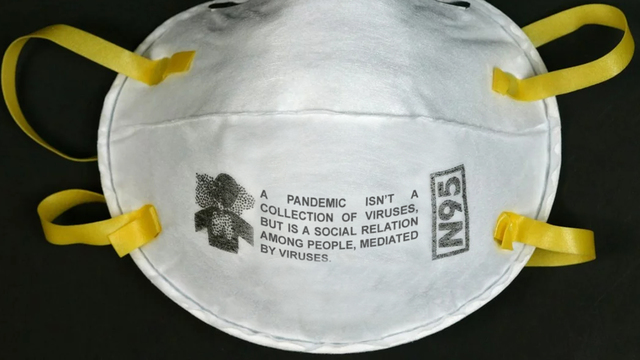Dictionary of War - Novi Sad Edition
After a one year break the DICTIONARY OF WAR continues with a fifth edition on January 25th and 26th, 2008 in Novi Sad, Serbia. Again 25 new concepts on the topic of war will be presented in alphabetical order by artists, theorists, filmmakers, scientists, researchers. Loosely based on the slogan: "At least, when we create concepts, we are doing something" DICTIONARY OF WAR is a collaborative platform for creating concepts.
Read
